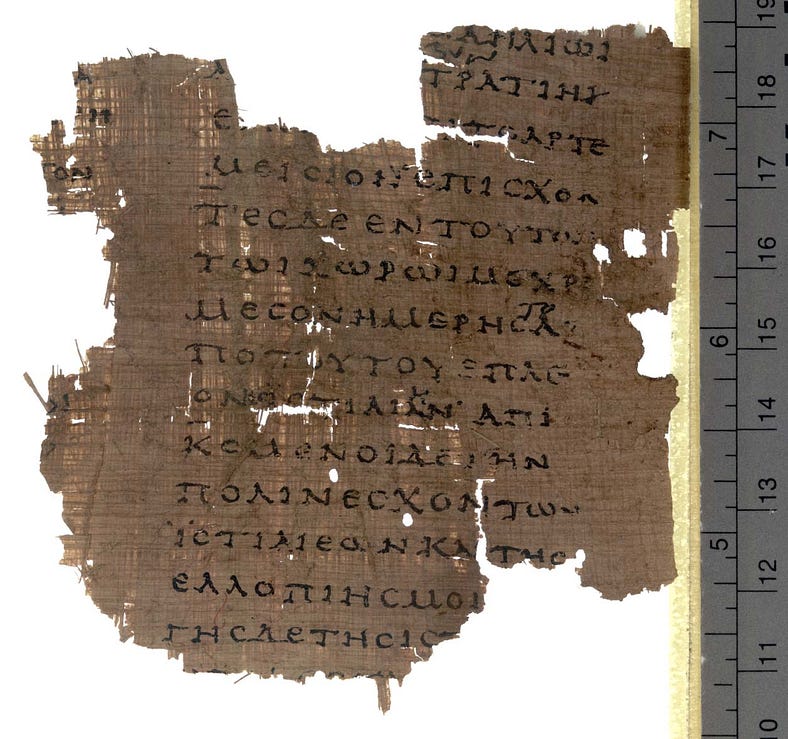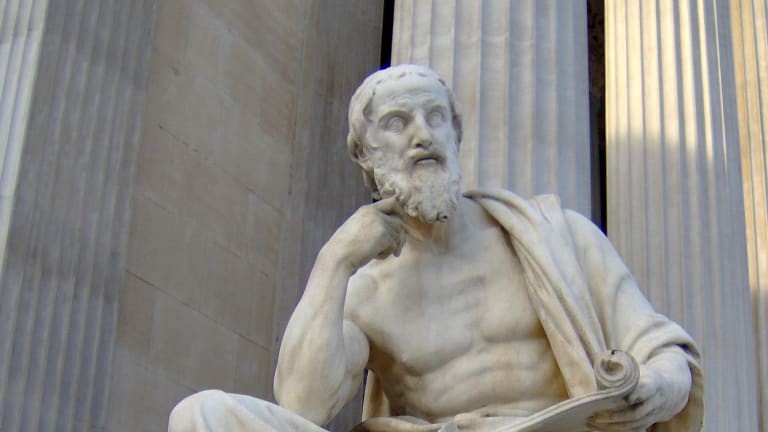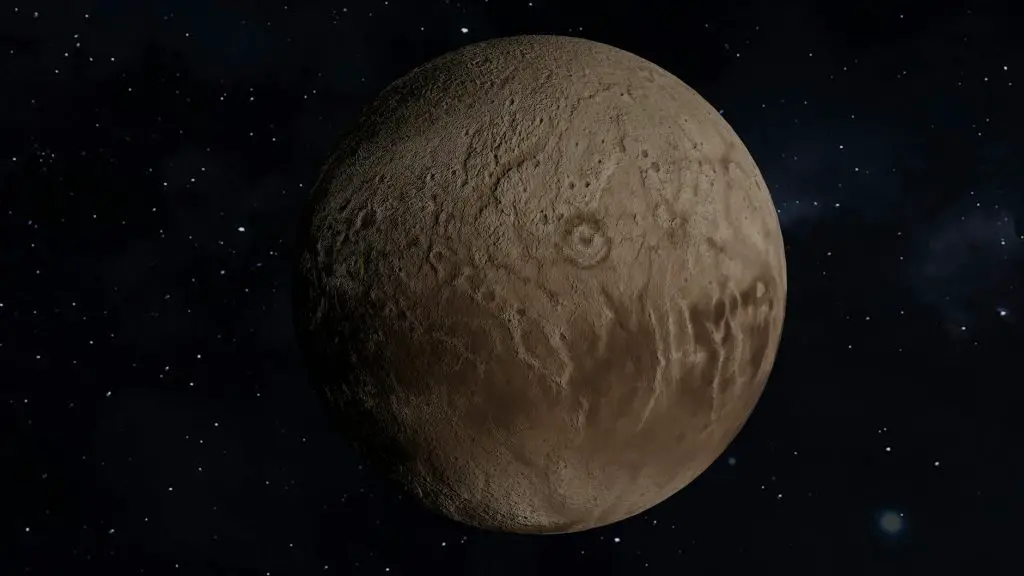 ince the world was created there have been many doubts as to who created it or how it was created. Many say that it took thousands of years until a soul evolved enough to have the potential of acknowledging and recording historical events that lead to the evolution of the Homo sapiens sapiens.
ince the world was created there have been many doubts as to who created it or how it was created. Many say that it took thousands of years until a soul evolved enough to have the potential of acknowledging and recording historical events that lead to the evolution of the Homo sapiens sapiens.
First of all, we should understand what is considered to be a historian. Most descriptions lead to a person that studies and records historical events, people that offer their life to better understand why those historical events happened and what future causes they might implicate.
The world sees Herodotus as the first historian, at least after the records, or better yet record, that he had made of history, a book called Histories which contains a detailed record of his ‘inquiry’ on the origins of the first Greco-Persian Wars.

He has also been considered to be the world’s first writer as he knew that even if he had the potential to remember the whole war, which he had witnessed, he wanted to leave a record for future generations. Let’s remember that the life of this historian took place before Christ and many other histories that have studied ancient Greek mythology let us know that the Greeks had the brightest minds in the world.
The father of history
Often referred to as the ‘Father of History’ the details to which Herodotus describes the Greco-Persian war that he had witnessed is astonishing, especially for the time in which it was written. The place of origin, as well as the land he was born, is Halicarnassus in the Persian Empire, before Christ. Today this land is known as Bodrum, in Turkey.
This man helped future Roman historians promote their awakening of knowledge since they had so much to learn from the records and studies of Herodotus. Even some of the military tactics that were used by the Roman army were inspired by the Greek military tactics that were used in the Greco-Persian wars, having been recorded by the father of history.
He contributed to quite a few scientific discoveries as well as the recordings of the first political debates in the period before Christ. Politics itself was a huge debate between different religious or mythological views at the time that sort of drove the way people lived their lives as well as how the nation was governed.
On the other hand, many modern historians criticize Herodotus’ work for the simple fact that many legends found in his book are quite obvious. Some historians such as Thucydides (460 BC — 400 BC) have gone as far as accusing him of making up stories just to gain fame as well as entertain others.
Herodotus stated in other records that all of his work consists of what he saw with his own eyes and nothing based on what he was told by others. Sadly some historians still call him the ‘Father of Lies’ no matter that his own contemporaries found a reason to scoff at his achievement. Many modern academics have wondered why was he born on Persian land when his ancestors were found to be of Greek descent. This is the reason why after the war he went to live in Athens where he did most of his work as well as the location where he died in 425 BC.
I, as a man who loves history and stands before his work as the most important thing in today’s society, will always believe in his work and how it has helped towards a better today in some sort of way. Nevertheless, ancient history is a bit like religion because there isn’t much evidence to back it up, so it is a matter of belief that his work was based on true events and not just more made-up mythology.
Avid Writer with invaluable knowledge of Humanity!
Upcoming historian with over 30 million views online.
“You make your own life.”





